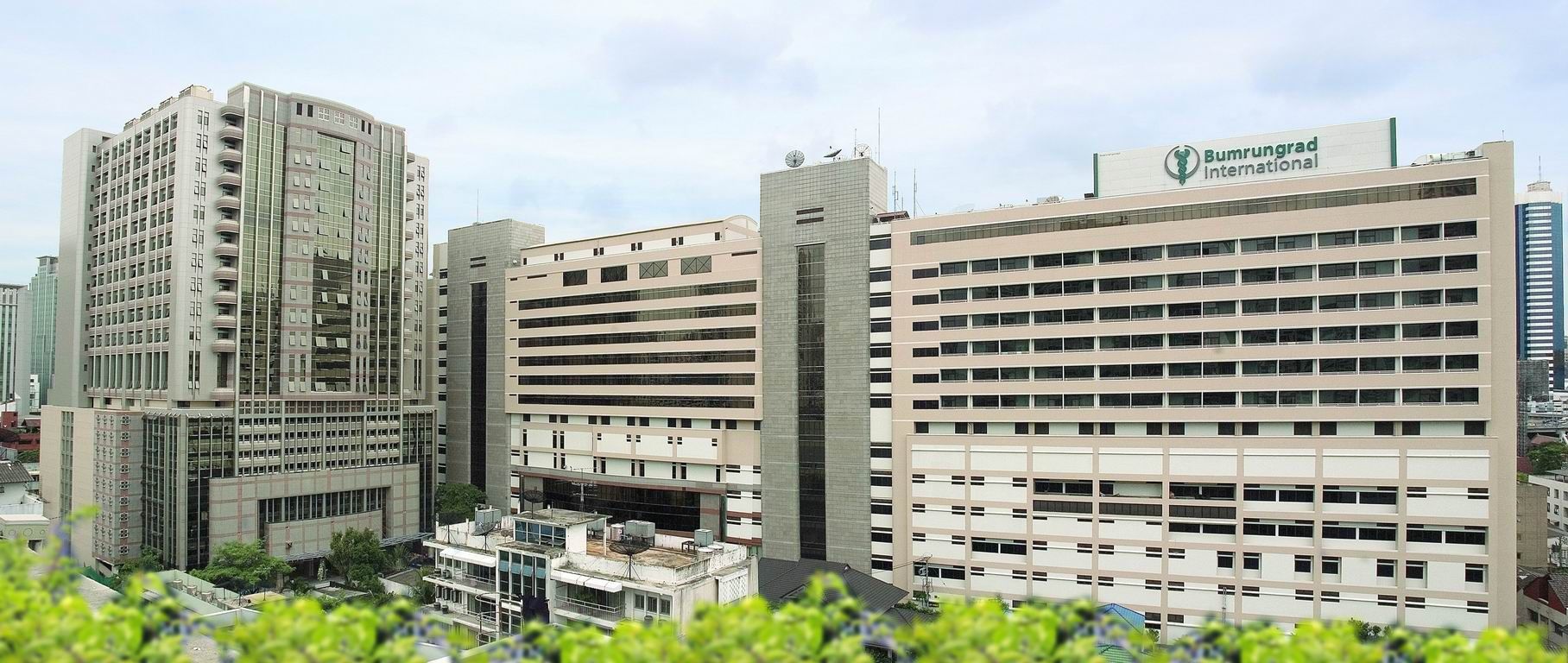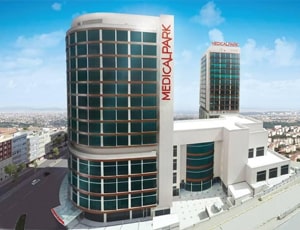Gastroenterology
Surgery for Diverticular Disease Treatment
Diverticulitis Surgery
Diverticulitis occurs when the small pouches in the patient’s digestive tract, called diverticula, become inflamed. Diverticula usually become inflamed when they get infected. Diverticula are generally found in people’s colon, the largest section of the people’s large intestine. They are not generally harmful to the people’s digestive system. But when they get inflamed, diverticular can result in pain and other symptoms that can hamper people’s daily life.
What is diverticulitis?
Diverticulitis occurs when the small pouches in the patient’s digestive tract, called diverticula, become inflamed. Diverticula usually become inflamed when they get infected. Diverticula are generally found in people’s colon, the largest section of the people’s large intestine. They are not generally harmful to the people’s digestive system. But when they get inflamed, diverticular can result in pain and other symptoms that can hamper people’s daily life.
When should a person have diverticulitis surgery?
Diverticulitis occurs when one or more pouches in the colon, called diverticula, become inflamed. This can result in the following symptoms and signs:
- Painful infections

- Pain in stomach
- Diarrhea
- Constipation
- Cramps in stomach
Most people having diverticulitis will not require any operation. The condition can be generally treated with the help of fiber, probiotics, and antibiotics. When these treatments fail to reduce any symptoms, doctors may advise surgical removal of the infected part of the colon. Surgery is only required when other treatments fail in reducing any symptoms, or when an emergency colon perforation does not respond to the other treatments performed on the patients. When an individual has an acute diverticulitis attack, he/she may be required to be hospitalized. He/ She may receive fluids intravenously or pain medication before having any surgery.
Diverticulitis operation can be very risky. It is usually recommended by the doctors to the patients only:
- When the colon has been ruptured, resulting in the abdomen to leak or to develop serious inflammation. This is known as peritonitis and needs emergency surgery.
- When an abscess cannot be drained or becomes infected after the drainage.
- When symptoms are severe and other treatments (which include intravenous antibiotics) have not worked for the patients.
- When an individual has a weakened immune system, especially because they are on chemotherapy or have received an organ transplant in not so long time.
- When the patients have had two uncomplicated diverticulitis attacks or one complicated diverticulitis attack, they may choose to have an operation. Complicated diverticulitis can cause other serious symptoms, such as the bleeding in the abdomen or a hole in the colon.
Types of diverticulitis surgery
The patients will undergo this surgery under general anesthesia, which means that the patients will be unconscious. The correct surgical technique depends on the individual's overall health, the location of the diverticulitis in the colon, and a surgeon's experience and comfort.
Common types of diverticulitis surgery include the following:
Laparoscopic surgery: Laparoscopic surgery is minimally invasive, and usually requires three to five smaller incisions in the patient’s abdomen, while traditional surgery involves one large incision (cut).
Colon resection: Colon resection is the most common type of surgery for treating diverticulitis. A surgeon makes incisions into the colon, removing the damaged pouches or pockets, and then reattaching the remaining segments of the colon. The surgeon may reattach the colon to the rectum or for creating a colostomy. A colostomy is a small hole that allows stool for exiting through the stomach and requires the person to use a colostomy bag. While patients generally prefer not to have a colostomy, reattaching the colon to the rectum can be resulted in failure and needs a subsequent operation.
Loop ileostomy: Loop ileostomy also involves removing the infected segment of the colon from the patient’s body. The surgeon will be creating a temporary hole in the abdomen for the passage of the waste, by the use of a piece of the small intestine. This passageway is known as a stoma. After a few months, the doctors will be removing the stoma and reconnecting the intestines, thus allowing the stool to pass normally. Loop ileostomy can be a good option for patients who want to avoid having a colostomy. However, since loop ileostomy involves two surgeries, it carries a huge risk with it.
Laparoscopic washout: Laparoscopic washout is a new technique in the field of medicine. A doctor will examine the colon and stomach, draining any pus and swelling, and washing the abdomen. This can kill the infection, and thus ultimately preventing the abdomen from swelling, and removing the requirement for a resection. Laparoscopic washout is common among the people who are having an infection or hole in their colon. However, since the laparoscopic washout involves the leaving of the damaged portion of the colon in the patient’s body, the risk of future attacks is being increased.
How long does it take for the patients to recover from this surgery?
The patients will spend about two to seven days in the hospital after the surgery has been performed while the doctors will monitor the patients and make sure they can pass their waste again. Once the patients go home, they must do the following to help themselves recover:
- The patients mustn’t exercise, lifting anything heavy, or having sex for at least two weeks after they have left the hospital. Depending on the patient’s preoperative status and how their surgery went, the doctor may suggest this restriction surgery for longer or shorter periods of time.
- The patients must have only clear liquids at first and they must slowly reintroduce solid foods into their diet as their colon heals or as instructed by the doctor to them.
- The patients must follow any instructions they were given for taking care of a colostomy bag and stoma.
Are there any complications associated with this surgery?
Possible complications of diverticulitis surgery include:
- Blood Clotting
- Infection in and around the surgical site
- Hemorrhage (internal bleeding)
- Sepsis (infection throughout the patient’s body)
- Heart attack or stroke
- Heart failure
- Kidney failure
- Narrowing or blocking of the colon from the scar tissue
- Formation of an abscess near the colon (bacteria-infected pus in a surgical site (area))
- Leakage from the area of anastomosis
- Nearby organs getting injured
- Incontinence, or not being able to control when the patient pass stool
TREATMENT-RELATED QUESTIONS
GetWellGo will provide you end-to-end guidance and assistance and that will include finding relevant and the best doctors for you in India.
A relationship manager from GetWellGo will be assigned to you who will prepare your case, share with multiple doctors and hospitals and get back to you with a treatment plan, cost of treatment and other useful information. The relationship manager will take care of all details related to your visit and successful return & recovery.
Yes, if you wish GetWellGo can assist you in getting your appointments fixed with multiple doctors and hospitals, which will assist you in getting the second opinion and will help you in cost comparison as well.
Yes, our professional medical team will help you in getting the estimated cost for the treatment. The cost as you may be aware depends on the medical condition, the choice of treatment, the type of room opted for etc. All your medical history and essential treatment details would be analyzed by the team of experts in the hospitals. They will also provide you with the various types of rooms/accommodation packages available and you have to make the selection. Charges are likely to vary by the type of room you take.
You have to check with your health insurance provider for the details.
The price that you get from GetWellGo is directly from the hospital, it is also discounted and lowest possible in most cases. We help you in getting the best price possible.
No, we don't charge patients for any service or convenience fee. All healthcare services GetWellGo provide are free of cost.
Top Doctors for Gastroenterology
Top Hospitals for Gastroenterology
Contact Us Now!
Fill the form below to get in touch with our experts.

.png)

.jpg)



